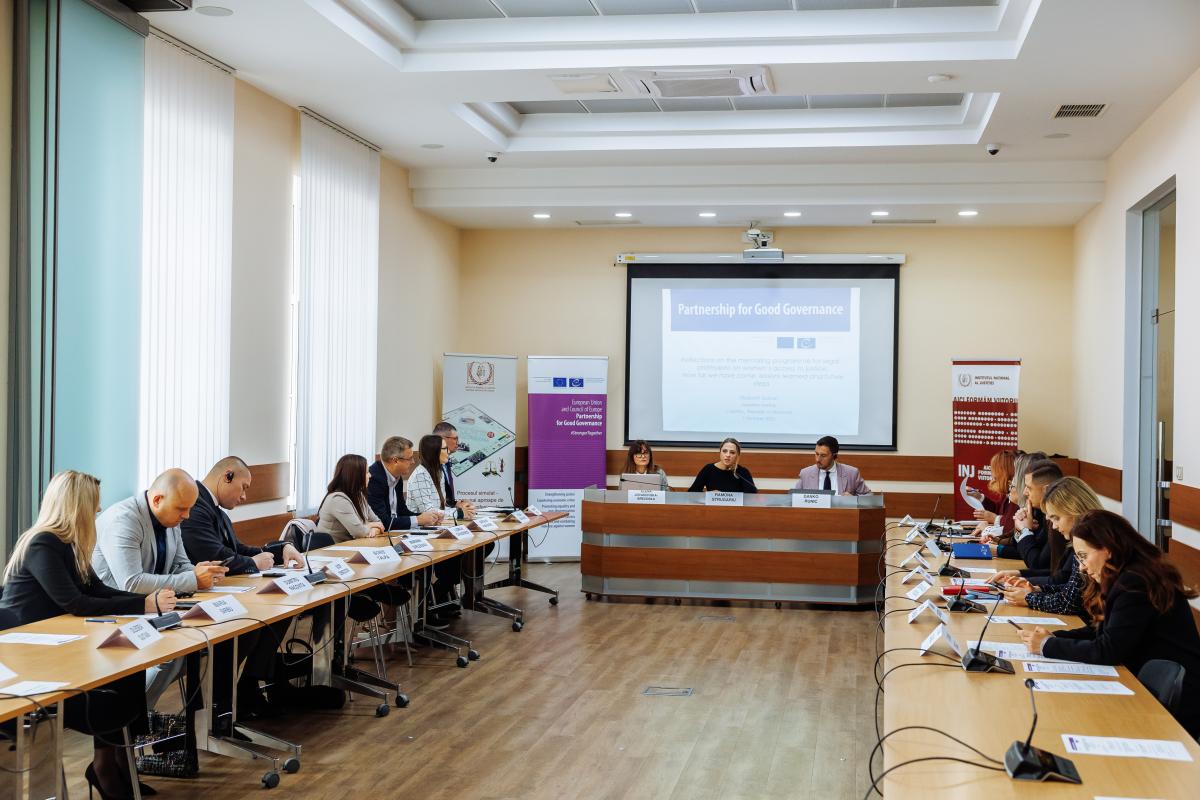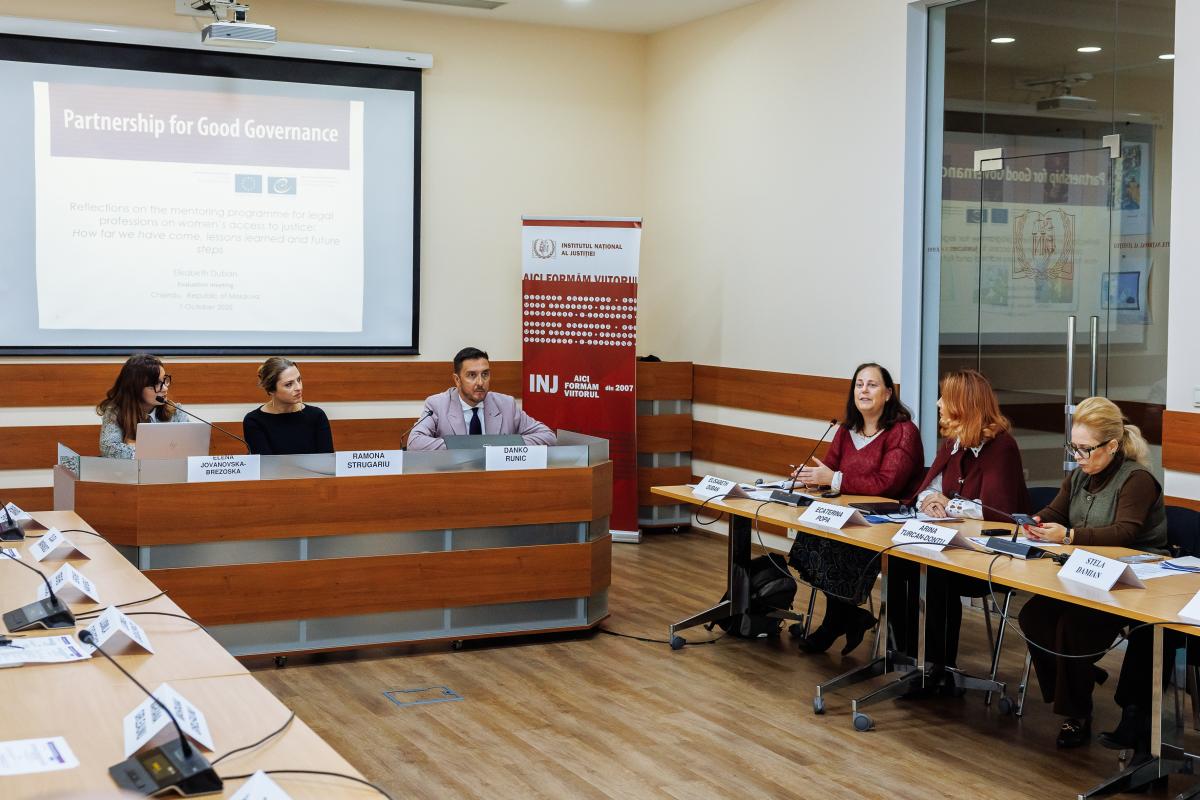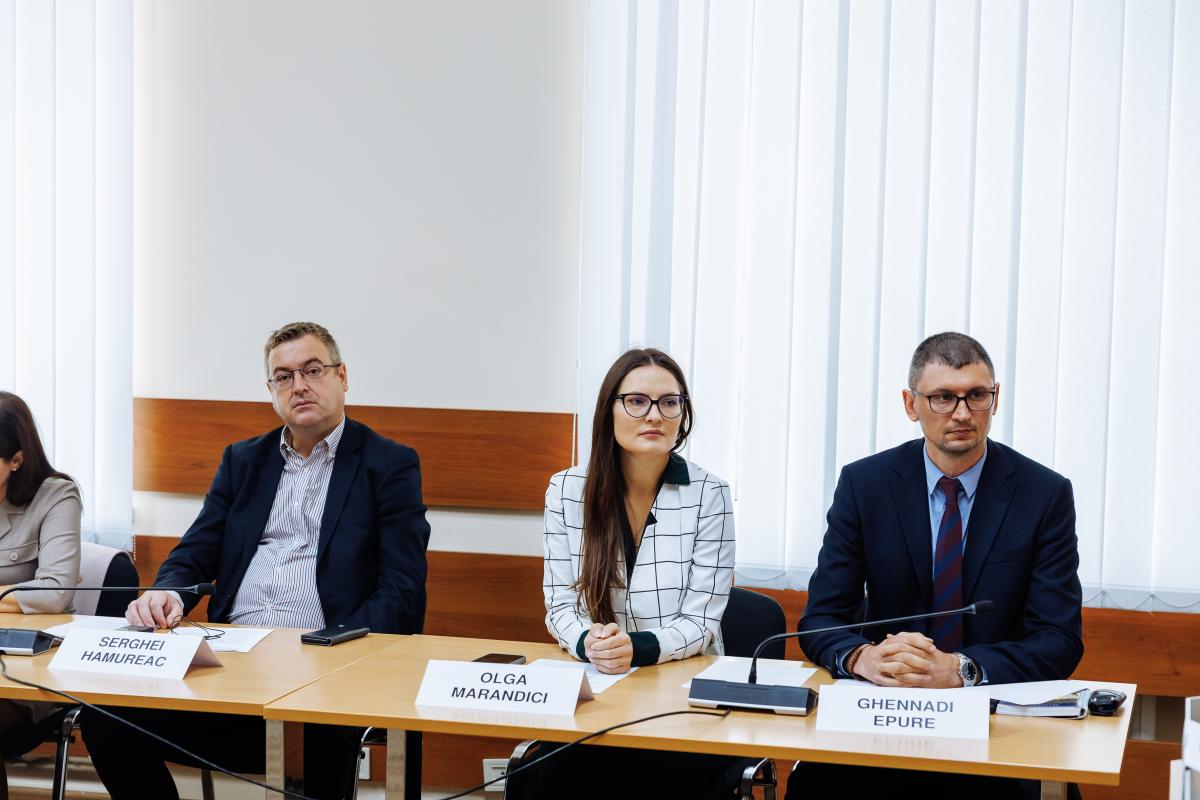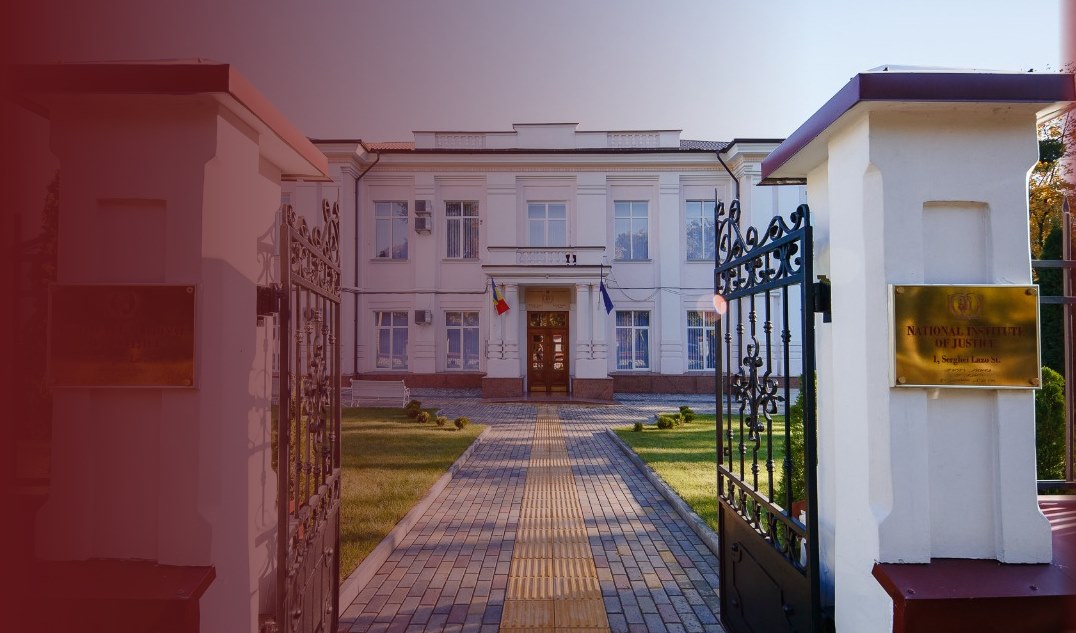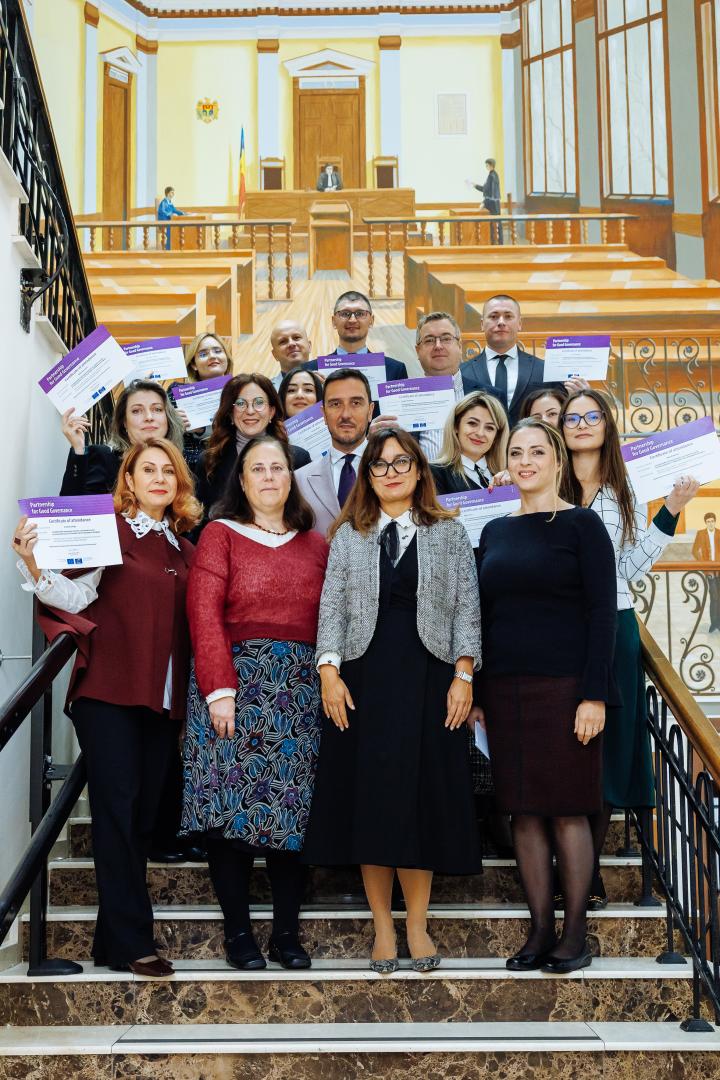
On Wednesday, 1 October 2025, the National Institute of Justice hosted the Evaluation meeting of the Mentoring programme for legal professionals, implemented within the regional project “Women’s Access to Justice – Implementing Council of Europe Standards on Gender Equality and Combating Violence against Women”, part of the Partnership for Good Governance III.
The event, moderated by Danko Runić, Programme Manager within the Council of Europe’s Gender Equality Division, brought together three cohorts of mentors and mentees – judges, prosecutors, and other justice professionals – engaged in strengthening competencies related to women’s access to justice.
In her opening remarks, Ramona Strugariu, Director of the National Institute of Justice, emphasized that Moldova’s progress in the field of gender equality is the result of sustained efforts: “The fact that the Republic of Moldova ranks 10th in the Global Gender Equality Index is not a coincidence. It is the outcome of a consistent effort to integrate this dimension into public policies and training, which we are already doing at the National Institute of Justice. Aspirations must be very well balanced with continuity in this field.”
In turn, Elena Jovanovska-Brezoska, Head of the Capacity Building and Cooperation Unit of the Gender Equality Division, stated: “I would like to thank the National Institute of Justice for its commitment from the very beginning to this program and for the trust placed in it. What matters most is how this knowledge is applied in the daily work of judges and prosecutors.”
Elizabeth Duban, Council of Europe expert, presented a synthesis of the methodology and the results accumulated over a decade, highlighting the program’s contribution to increasing gender sensitivity in decision-making, overcoming stereotypes, and creating a safe space for professional dialogue.
During the discussion session, participants examined the challenges faced and formulated recommendations for the future, including expanding mentorship to multidisciplinary teams working with victims of violence, as well as adapting the curriculum to address emerging forms of digital violence and bias-motivated crimes.
The Mentorship Program for Legal Professionals aims to strengthen practitioners’ competencies regarding the Council of Europe’s Istanbul Convention and gender equality standards, reinforcing judicial training in the Eastern Partnership countries. Unlike the traditional classroom-based approach through courses or manuals, the new methodology bridges theories of access to justice and the international human rights framework with the daily practice of professionals, with particular attention to specific areas where difficulties are frequently encountered.
